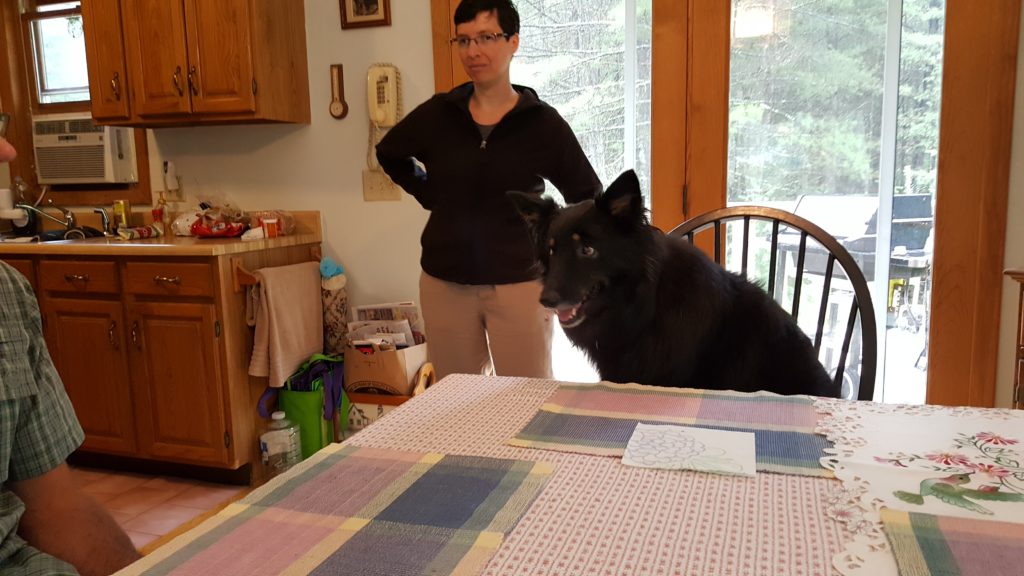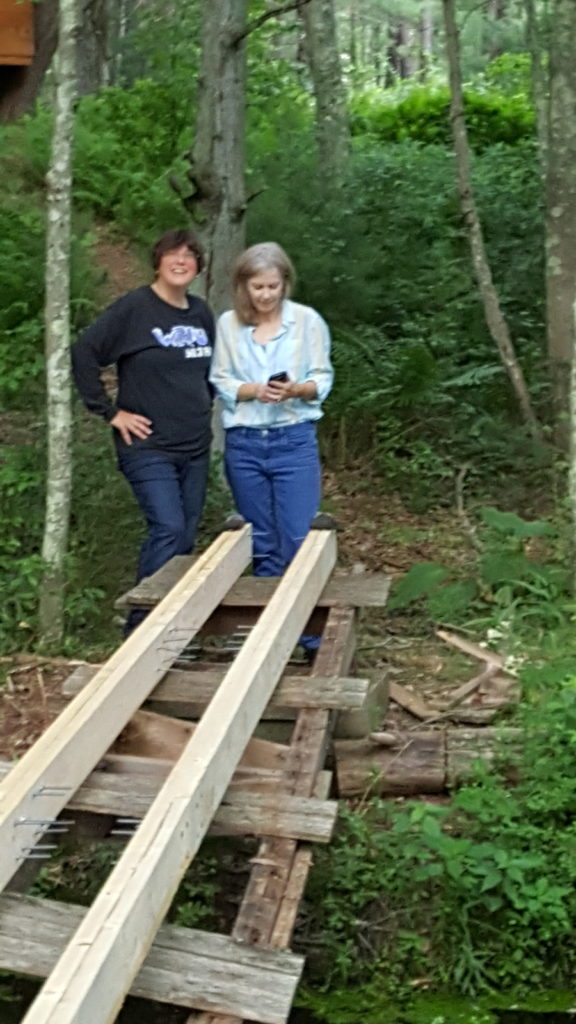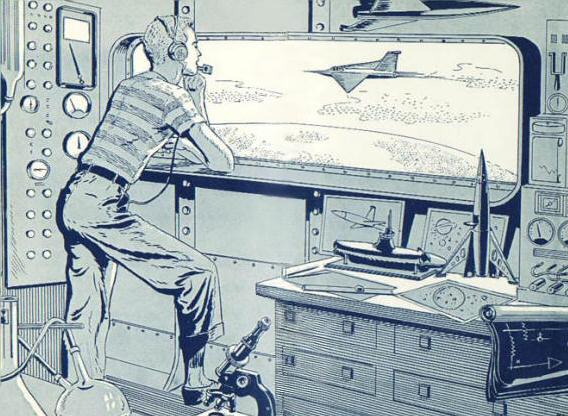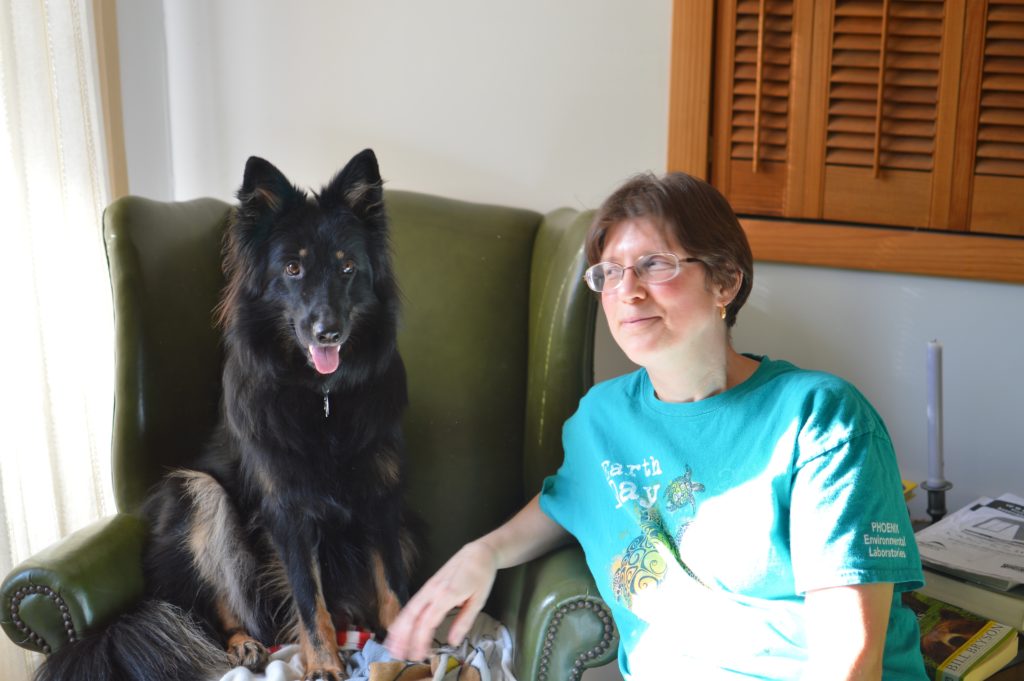Welcome to the Wakefield Doctrine (the theory of clarks, scotts and rogers)
So here’s the starting point (as found in this past weekend’s TToT):
Cynthia and Denise and I were discussing workplace applications of the Doctrine. And, to use one of the examples we were working on, lets say I’m in an interaction and feeling very stressed. I can stop, ‘circle around back and enter the situation through the rogerian (or scottian) ‘backstage entrance’. By doing so I have the opportunity, (knowing what I do about the realities of scotts and rogers) to get a sense of how the other person is experiencing the situation in question. Very often I discover that what they are doing that is causing me stress has little or nothing to do with me personally! Talk about taking a load off one’s shoulders. You really should try it.
Cynthia then commented with the following:
It’s rarely ever personal, is it? LOL. In fact, maybe it’s never personal. That would be in line with Don Miguel Ruiz who said to “never take anything personally” in is Four Agreements book. I wonder what Castaneda would have to say. Anyways, yeah, Ruiz argues that we’re all in our own “dream” (worldview) and that if we experienced life as they did, we’d know that it is never about YOU but always about THEM.
Followed by Denise’s question/inference:
Clarification please. When dealing with scotts for sure not personal, but it’s not personal with rogers? I don’t have Doctrine vocabulary words to express what’s in my head at the moment. With rogers, it will first be about them, how, whatever is going on in their interaction with us, affects them, the herd and or reflection thereof, yes?
That should get us going for a mid-week Doctrine post!
Quick refresher: The Wakefield Doctrine maintains that all of us are born with the potential to experience the world in one of three characteristic worldviews (personal realities): that of the Outsider(clarks), the Predator(scotts) and the Herd Member(rogers). At a very early stage, for reasons not yet understood, we settle into one of the three. The thing is there is only one predominant worldview and yet, ‘the other two’ potentials remain with us. When it seems like we’re being a scott when really we’re a roger, that usually is at a time of duress and is an indicator of a secondary scottian aspect.
One of the benefits of the Doctrine is found in the arena of self-improvement (the ‘third date’ of the new personality type couple…lol). Most people seek to become better…at whatever it is the perceive they are; mothers, workers, performers, thinkers and fighters. Natural. What can be unnatural (found in many other systems of self-improvement) is the belief that one needs to acquire, learn, borrow, imitate behaviors and other ways of interacting with the world in order to improve. The Wakefield Doctrine holds that it’s not necessary; that quality or characteristic you desire is already a part of you. It is simply not expressed.
Wait, I said that not quite the way I wanted. Remember the part about settling into the world of the Outsider or being left in the reality of the Predator or waking up in the land of the Herd Member? The predominant reality? Well everything that follows are our efforts to develop strategies to get through life. A scott learns to be quick, aggressive and not spend a lot of time in reflection, a roger sees a quantifiable world and knows he/she must study, be organized and deliberate. A clark… they kinda wing it. lol. No, the defining style of negotiating with the world and it’s people for clarks is grounded in the belief that knowledge holds the key.
In any event, my point about already having what you believe you are looking for, want to be more assertive? You have a scottian aspect. Need to be more detail oriented? Hello roger! You have what it takes to be the person you think you want to be. The thing is, you practiced a lifetime to be the clark, scott or roger that you are. So don’t be discouraged if you try to assert your inner (whichever) and it doesn’t work the first (or 21st) time. The main thing is that those characteristics are yours to develop.
Holy smoke! I totally got off the topic. (So much for the quick refresher).
So the Wakefield Doctrine is a perspective that can be especially useful in the workplace. The use of the Doctrine requires learning the character and nature of the three worldviews. Now before anyone leans back and says, “Great! Now I got to go read and memorize a bunch of charts and descriptions! At least the Oscar-Myers EOSH people have only four letters to learn to use it!” Allow me to say, don’t worry, all you need is the most cursory understanding of the three worldviews The scary thing about the Doctrine is that when you spot your first roger or scott or clark, in all probability they will proceed to put on a demonstration that will have you thinking, ‘Wait a minute! What are the odds that my supervisor/grocerystore clerk, teacher, friend, wife could be a follower of this blog?’
No, seriously. When you get to the point of identifying the three worldviews, I guarantee that you might feel a little creeped-out. With good reason, but not the way you think. I always warn people at this point, ‘If you get to the point that you can see the rogers and scotts and clarks in your world, there is a very strong possibility that you will not be able to not see them.’
You been told.
Ok to Denise’s question about the conflict between accepting that what a roger might be doing to you is not personal, while knowing that everything in the world of the roger is personal. My reply in the Comments:
everything is personal with rogers
if the coffee in the break room is burnt-tasting and stale, they will take that personally and seek someone whose fault it is or…. if there is a traffic accident and the highway is tied up….
… knowing that, makes it less a personal responsibility for us as clarks (and never let it be said that clarks shirk responsibility for…. everything but mostly the bad things lol) it is a way of short-circuiting our own autonomic entanglement… with a lifeform that is to emotions as a scott is to anything that darts away…. lol











